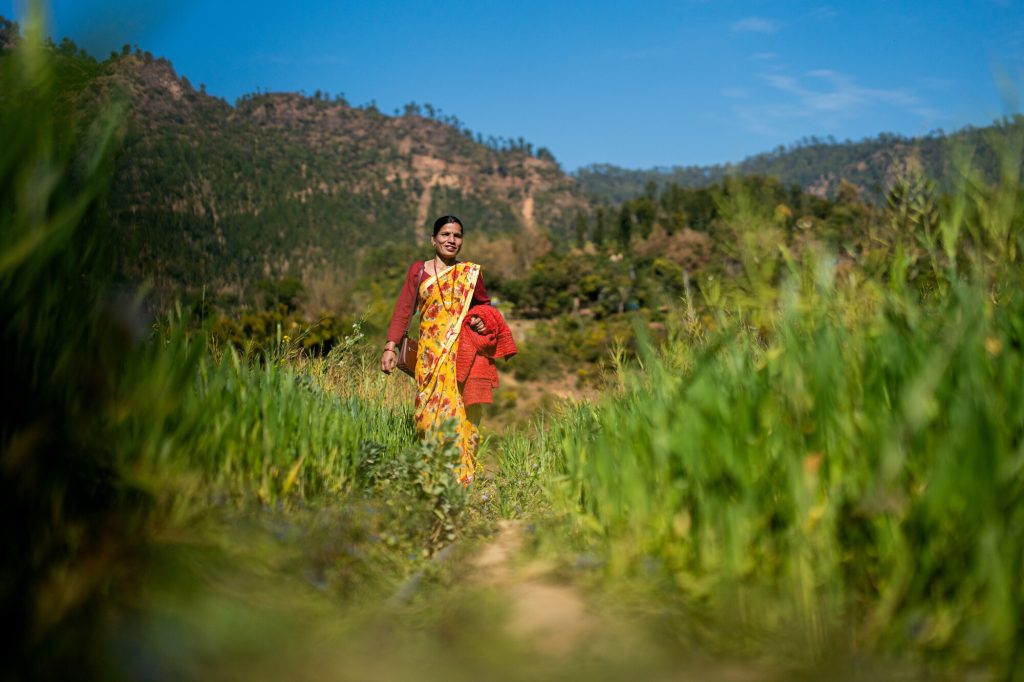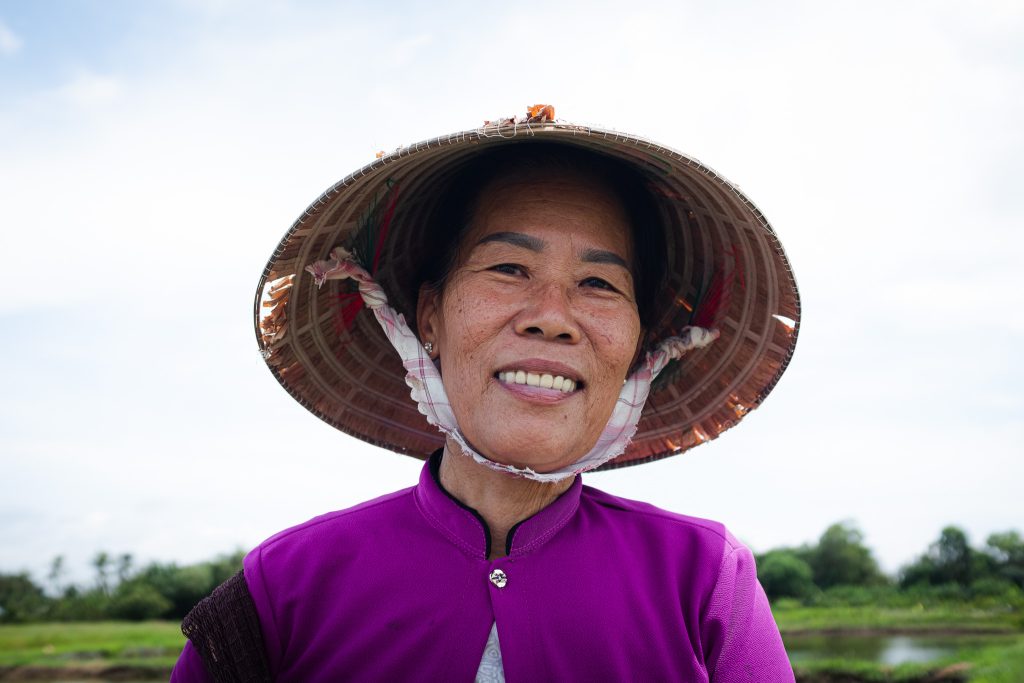World Refugee Day: how conflict and displacement impact refugee girls’ education
World Refugee Day: how conflict and displacement impact refugee girls’ education
For refugees, education isn't just about books; it's about reclaiming a sense of normalcy.
by Caroline Leal | June 17th, 2024
It’s 6AM in the north-western region of Wau, South Sudan. The path is dusty, and the sun is intense, with early morning temperatures already hitting 35C. The bare trees and low bushes provide little relief from the heat.
“We walk about 1 or 2 hours to school,” says Natalina, 18. She’s not too sure of the distance. But every day, she and her younger sister Bakita, 16, pack a small bag, put on their flip-flops and walk to class at Tobi Primary School.
Home is a peculiar concept for the sisters.
Like thousands of others, they are returnees to the region and are re-building their homes. A makeshift bedroom is made by propping up a mosquito net with branches. Her bed is next to a straw structure. Inside are a few belongings—kitchen utensils, a pile of neatly folded clothes, and an old notebook.
Natalina’s family was first displaced from their community in 2021, when violent clashes erupted between opposition forces and the military. “I remember coming back from class and my parents telling us we needed to pack our things and flee immediately,” remembers Natalina, “I was scared and sad; I didn’t want to leave school.”
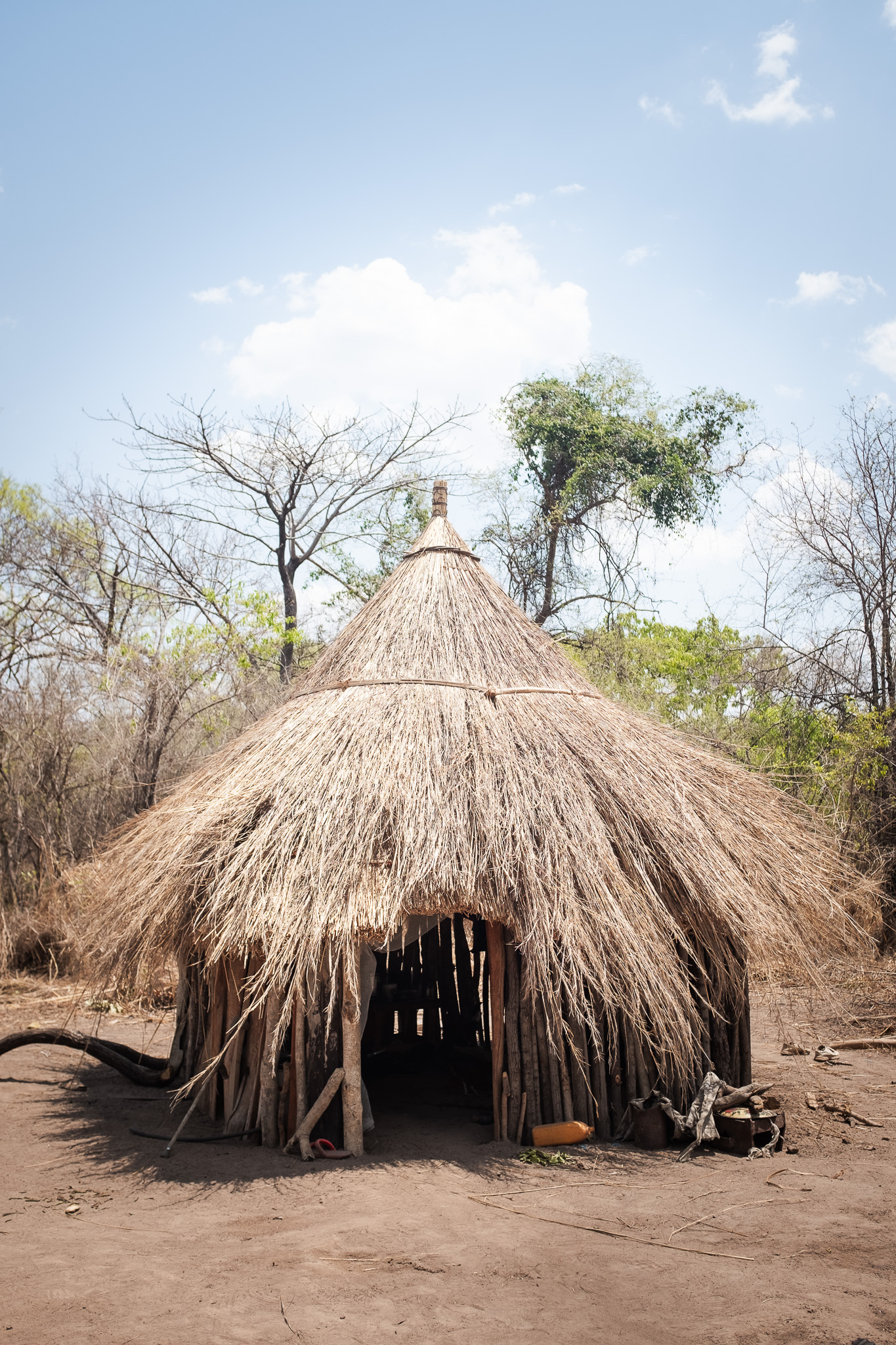
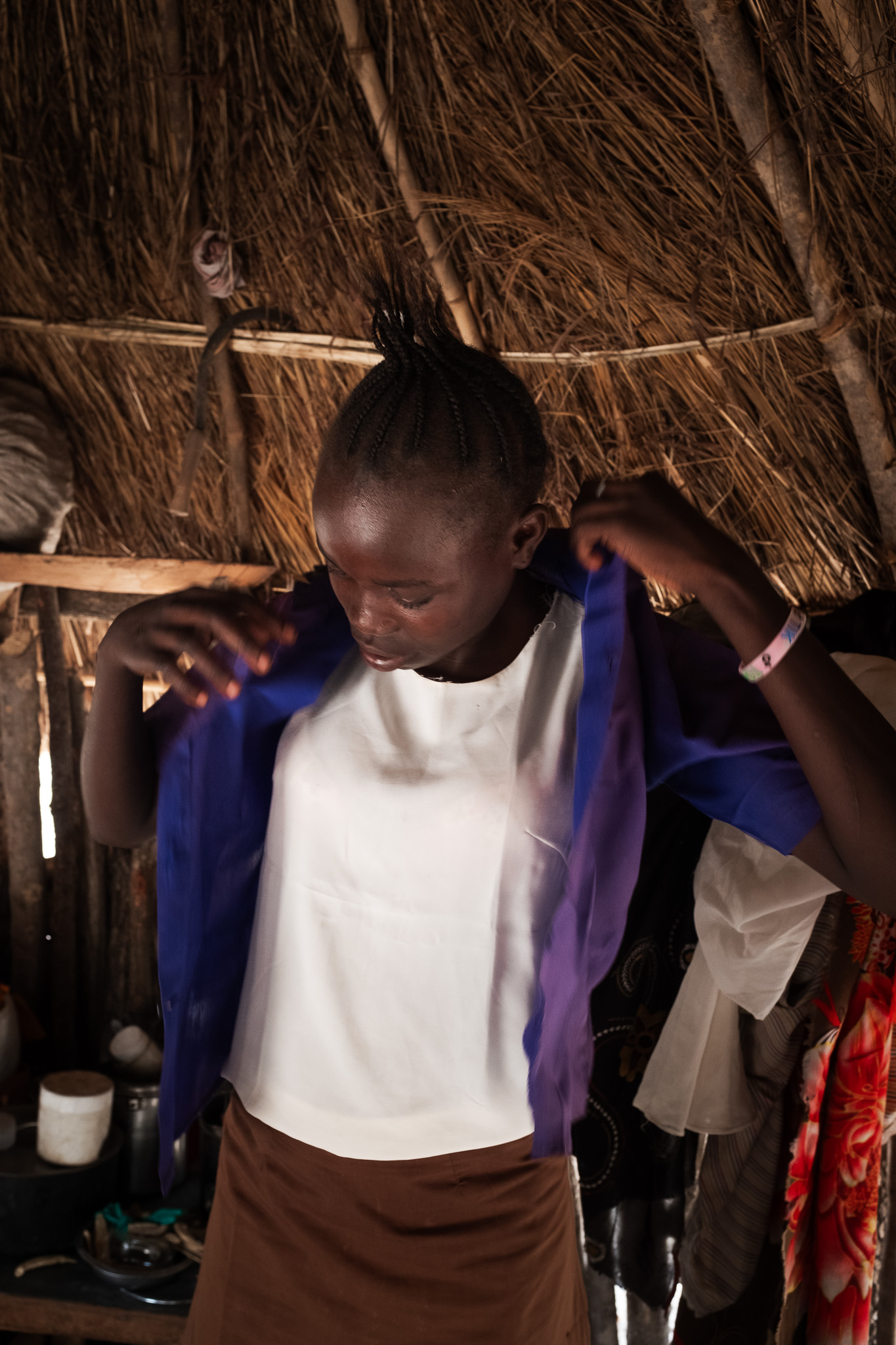
After decades of fighting, South Sudan formally became independent in July 2011. There was a high expectation for growth and many believed they would not see another conflict in the country they fought so hard and longed for.
However, increasing ethnic violence and conflict in South Sudan and neighbouring countries, as well as climate-related natural disasters, have resulted in 2.2 million internally displaced people in South Sudan.
When people are forced to flee their homes, their lives are disrupted and any future plans are put on hold while searching for a safe place to settle. For refugee children and teens like Natalina and Bakita, the consequences of fleeing means their education is often disrupted and may continue to be affected due to mounting barriers. Going to school during a war is hard.
“When the 2016 conflict happened in Wau and surrounding areas, many families had to leave their homes and go to refugee camps which resulted in girls dropping out of school,” recalls Joice Andrea, Gender Officer with the Hope Agency for Relief and Development, an Oxfam partner organization. “Even if they stayed in school, fees and supplies would have been even more difficult for parents to pay.”
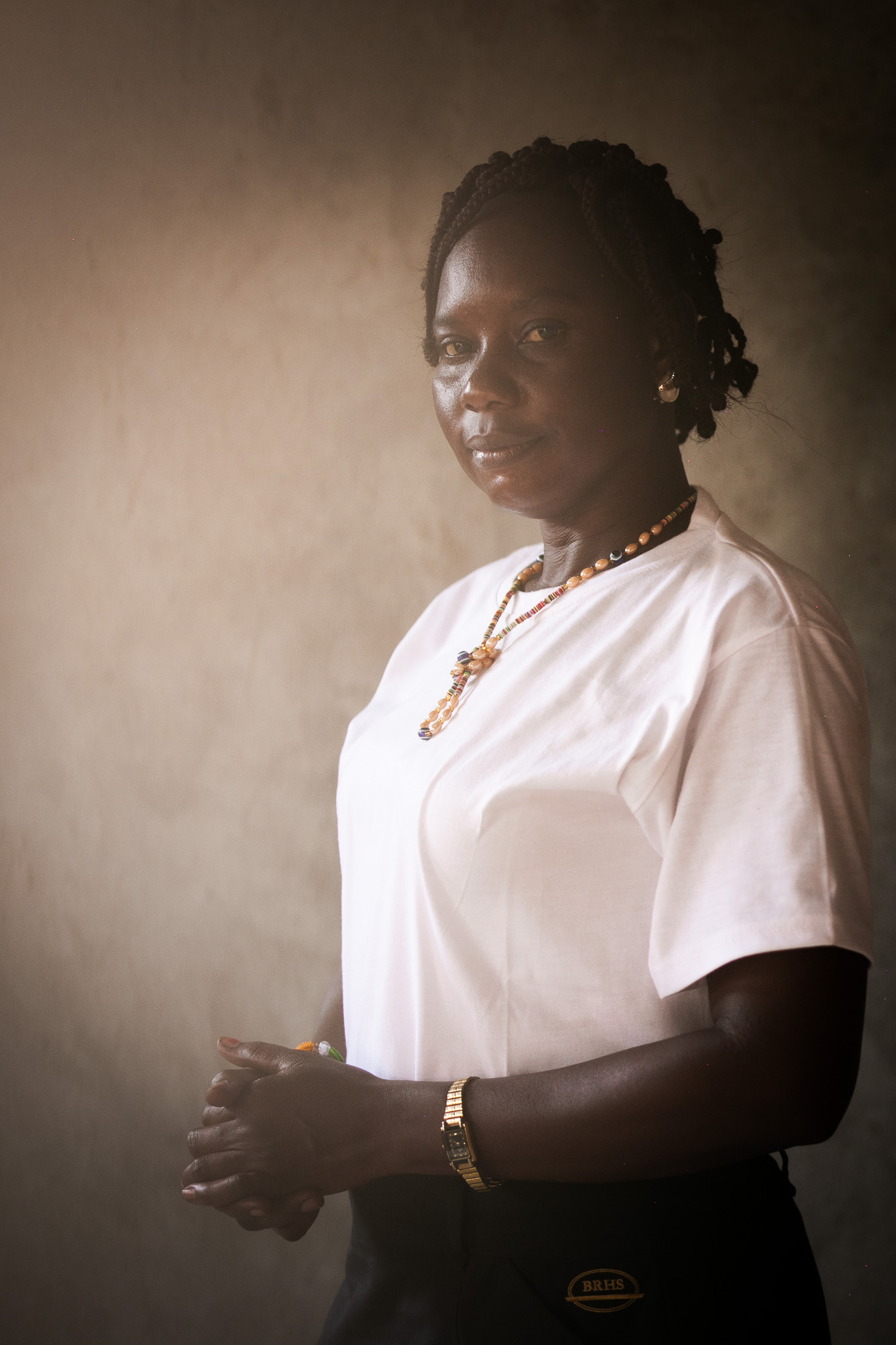
Natalina and Bakita finally arrive at school. Classmates and teachers start trickling in. Today will be yet another half-day at school as the heat is too intense, and the Ministry of Education orders schools to shut early. In a school in a neighbouring county, classes are canceled due to violent clashes that erupted overnight.
While class disruptions caused by climate events and conflict incidents are common, girls like Natalina and Bakita are familiar with another form of disruption: their periods.
Their classmate, Amer, 14, is fortunate to live near school. Her favourite subject in school is science, and she loves to learn about planet Earth. Unfortunately, she’s forced to stay home when she is menstruating, both due to a lack of hygiene supplies and of female teachers. “If I’m on my period, it’s hard because sometimes I don’t have sanitary pads,” Amer explains. “So instead, I skip school and stay home until my menstruation is over.”
The lack of female teachers is a major barrier for students like Amer. “For me, it’s important to have female teachers because sometimes there are things I want and need to share with a teacher, but I cannot because they are male teachers.” Amer looks down and admits she feels shy and scared to discuss her issues with a male teacher.
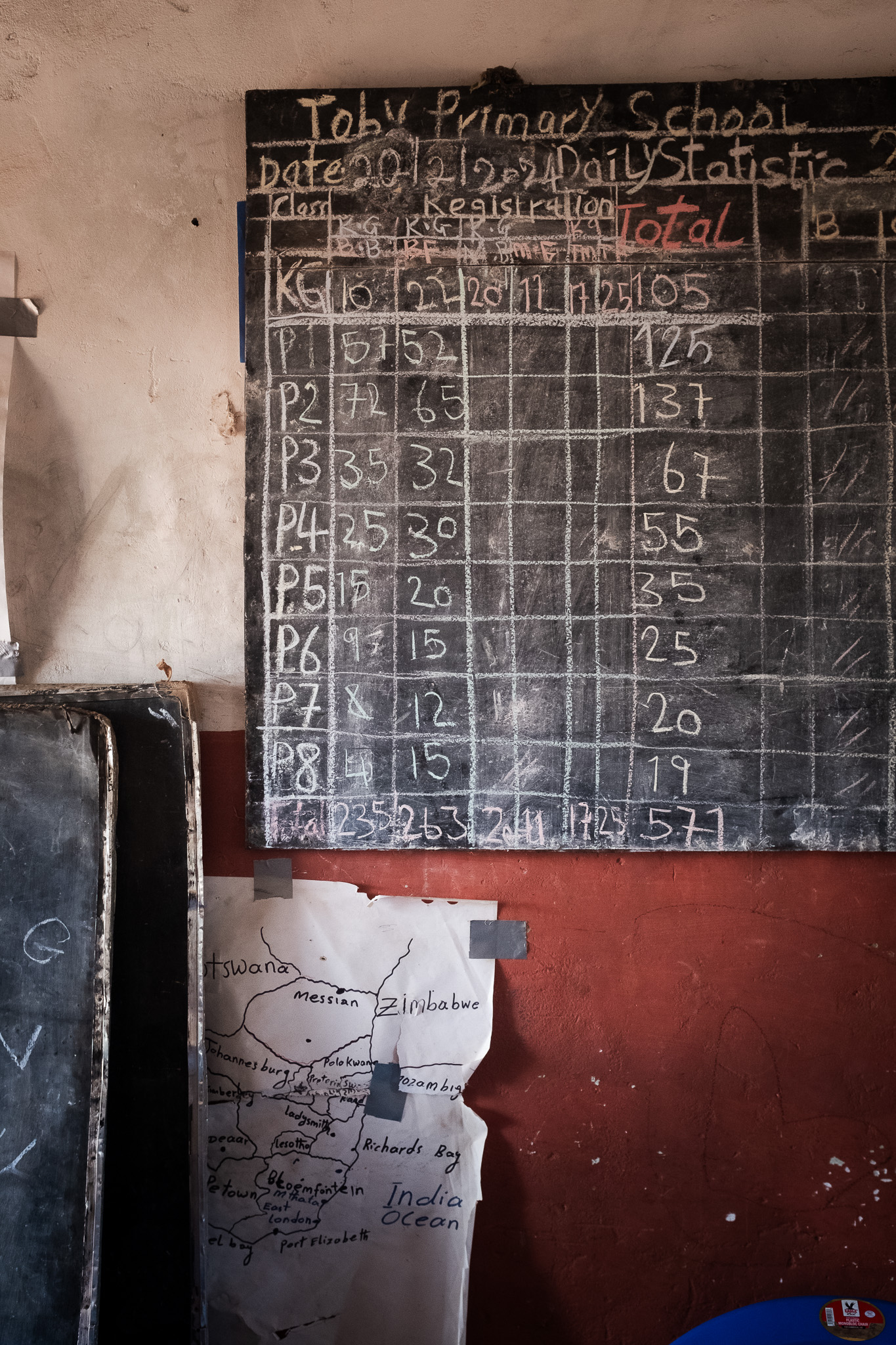
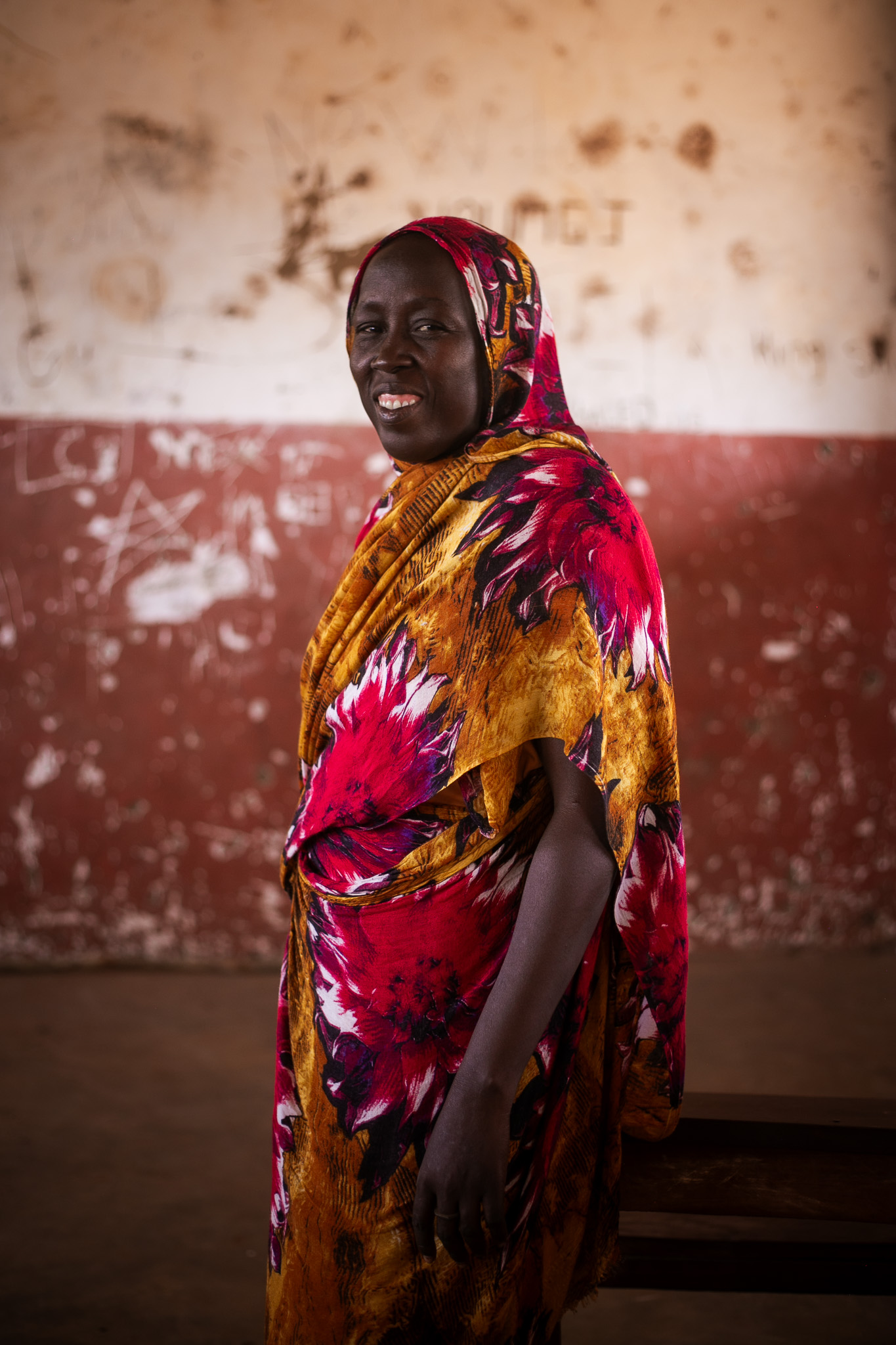
In South Sudan, approximately 99% of teachers are men, and most of the staff working in government-run schools, such as Natalina’s, are volunteers or severely underpaid. The lack of female teachers is one of the key barriers to refugee girl’s education that Oxfam and local partners are working on dismantling, through the Geared for Success (GFS) project. Victoria Aol, Senior Education Coordinator for Oxfam in South Sudan, worked closely in designing the GFS project, considering the various contexts and challenges that women face, within the country. Victoria shares the story of a female teacher who quit the profession after only two months of work to get married. After some investigating, Victoria and her team learned that the teacher’s husband wasn’t stopping her from continuing her work. Why wasn’t she returning to teach?
“We discovered that the distance from her home to school was too far; she had to walk 7 kilometers to get to the classroom,” Victoria explains, adding how, just like for female students, the distance became a safety issue for a female teacher. “So, we transferred her to a school closer to her.”
Flora is a teacher at Tobi Primary School and knows very well the hurdles that await female students and teachers in South Sudan. For example, she’s witnessed many of her students and fellow teachers living through displacement, getting married or pregnant, pushing them to drop out of school.
But she remains determined to persevere. “Teaching is humanitarian work,” Flora affirms. Just last year, two of her Grade 8 students fell pregnant and gave birth. However, once they were able, they both returned to class and continued their studies. They are now in high school.
“All of these students are like my children,” says Flora, “I teach them; I share knowledge with them so they can be in charge of their lives.”
Forced displacement disrupts life – especially for young girls. However, children and youth have the right to quality education no matter where they live.
Back at Tobi Primary School, class is almost over for the day. The chalkboard is filled with multiplication tables, and the classroom starts emptying as students head home. Natalina chats with friends in the schoolyard. The day was long for her - math is her least favorite subject – but she’s looking forward to tomorrow’s lesson, English.
For refugees, education isn't just about books; it's about reclaiming a sense of normalcy, restoring hope, and having the skills to rebuild their lives wherever they go. A hope for a better future drives teachers like Flora, humanitarians like Victoria and Joice, and students like Natalina and Bakita.
Bakita’s dream? “I hope to continue my high school studies and become a teacher.”
Oxfam Canada and War Child Canada, through the Geared for Success project (supported by Global Affairs Canada), champion quality education for displaced children and youth and their host communities in South Sudan and Uganda.
If you’re inspired by this story and want to support projects, activities, and communities like these, please donate here.
